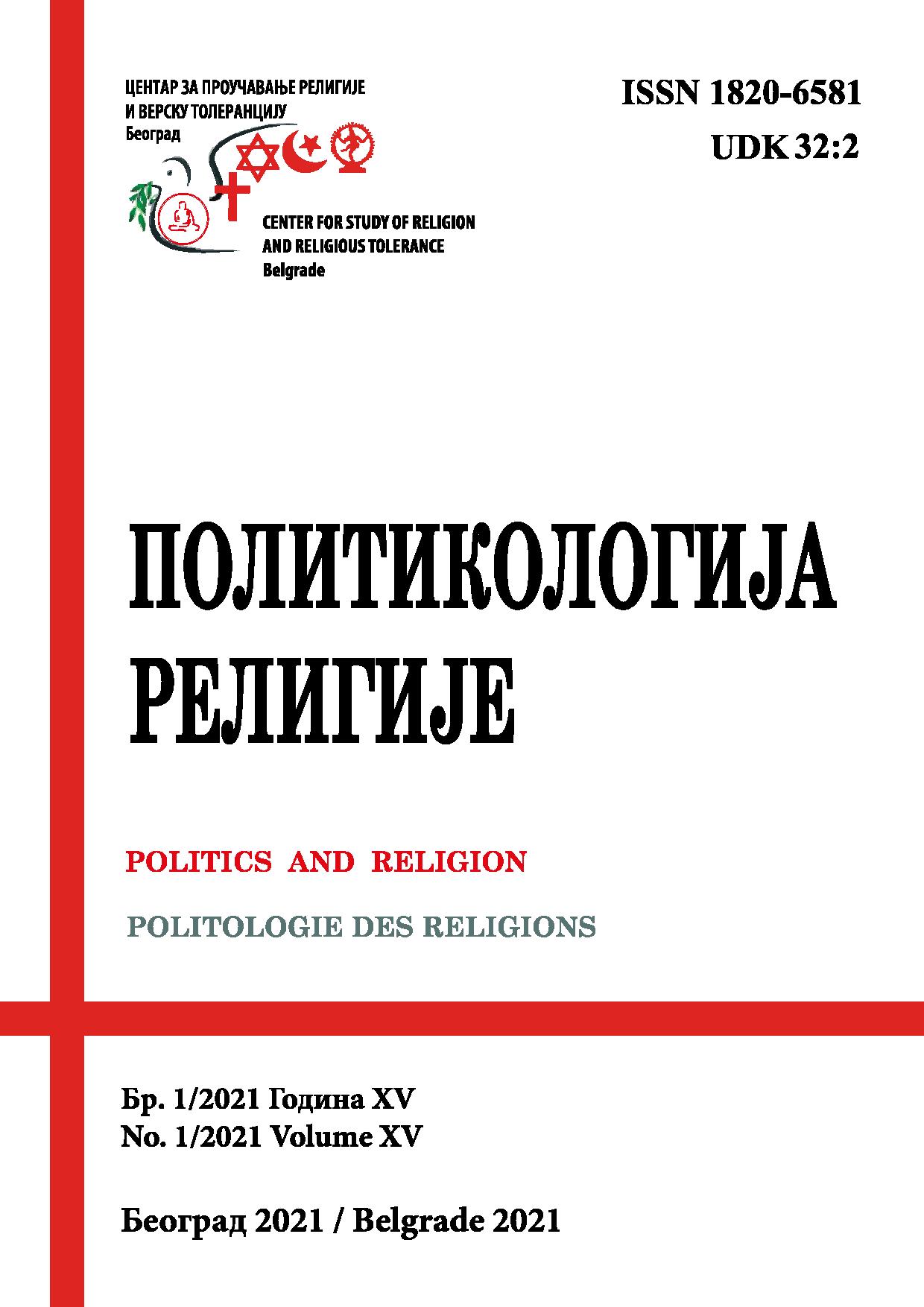THE JURISPRUDENTIAL AND MORAL FOUNDATIONS OF THE AYATOLLAH KHAMENEI’S FATWA ON BAN OF NUCLEAR WEAPON
THE JURISPRUDENTIAL AND MORAL FOUNDATIONS OF THE AYATOLLAH KHAMENEI’S FATWA ON BAN OF NUCLEAR WEAPON
Author(s): Mohsen Shiravand, Abdol-Rasoul MeshkatSubject(s): Governance, Government/Political systems, Studies in violence and power, Peace and Conflict Studies
Published by: Центар за проучавање религије и верску толеранцију
Keywords: Ayatollah Khamenei; Fatwa; Nuclear Weapons; Jurisprudence; Ethics
Summary/Abstract: Today nuclear weapons are a great global threat to human life and security. Meanwhile, Islamic Republic of Iran has strongly voiced its opposition to nuclear weapons based on the religious and rational measures and teachings. Ayatollah Sayed Ali Khamenei, the Supreme Leader of IRI, has also declared prohibited the production and use of nuclear weapons by issuing a Sharia based fatwa. The objective of the present essay is not only the explanation of this fatwa rather the identification of jurisprudential-moral foundations of it. The method used in this essay is documented-analytic. Among the results of this research, one can refer to the fact that Ayatollah Khamenei’s fatwa is a religious fatwa not a merely governmental law and since fatwa is based on the eternal religious sources, it is considered to be strategic, eternal and universal not merely tactical, expediential and temporary. Moreover, rational and Sharia (moral and jurisprudential) documents and reasons in which the present fatwa has its own origin in addition to the subject of “use” includes the prohibition of “production”, possession” and “proliferation” too.
Journal: Политикологија религије
- Issue Year: XV/2021
- Issue No: 1
- Page Range: 221-237
- Page Count: 17
- Language: English

